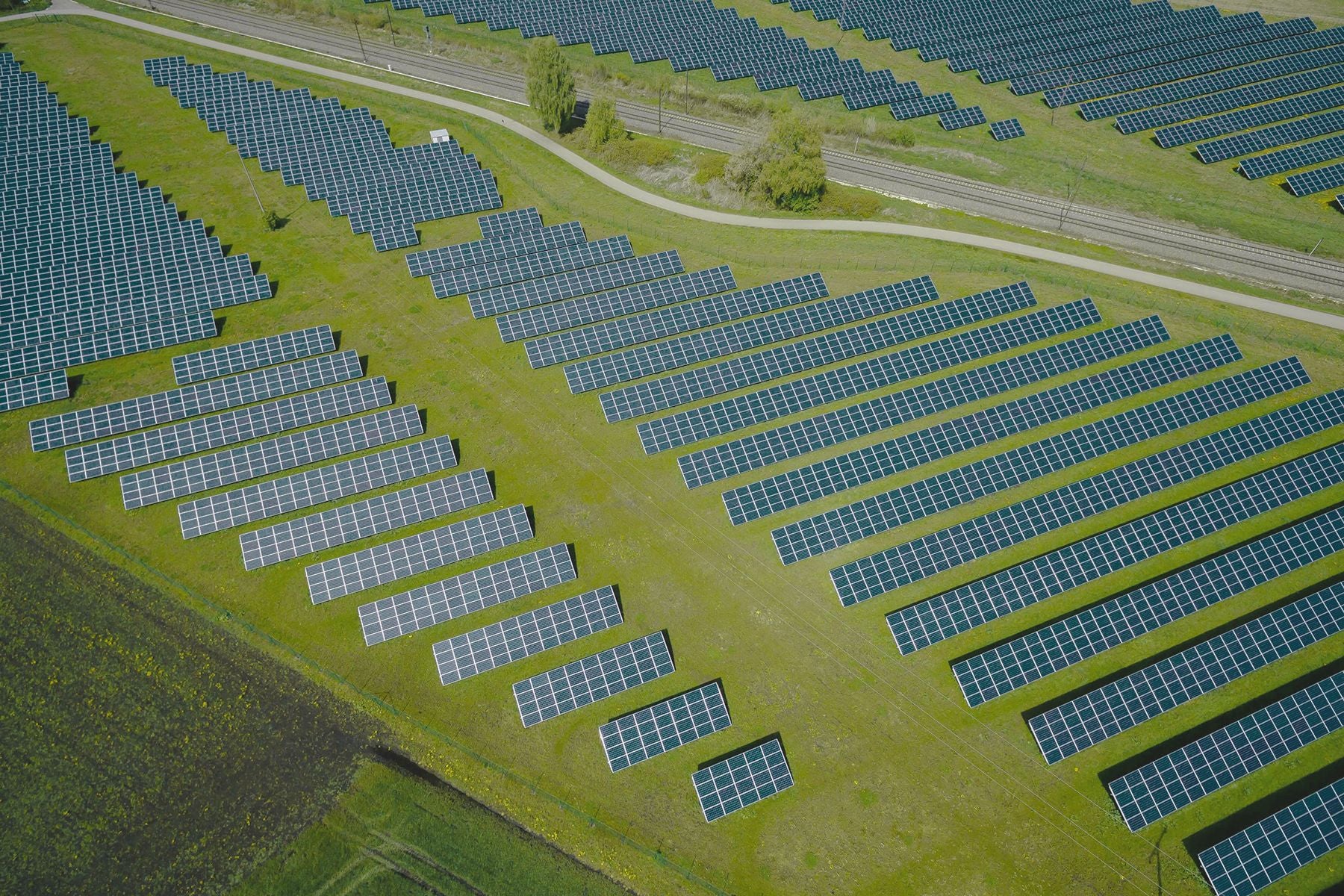
The Problem With Greenwashing—And How We’re Shifting The Paradigm
Sustainability is important to many but understood by few. This creates a problematic dynamic, incentivizing lofty claims regardless of their accuracy and merit.
When sustainability intent overshadows sustainability impact (a.k.a greenwashing), we all lose. Whether it’s intentional or not, greenwashing is the promotion of misinformation and leads to society delaying needed action and losing traction towards a more sustainable future.
We recognize we must collectively set a higher standard for how we talk about sustainability. Here are the five principles we uphold when talking about our environmental impact.
1. WE UPHOLD THE DEFINITION OF “SUSTAINABLE”
“Sustainability” is defined as meeting the needs of the present without compromising the ability of future generations to meet their own needs (source: United Nations).
Our concept of sustainability must encompass impacts across climate, waste, water, air, biodiversity, and social inclusion (source: United Nations' Department of Economic and Social Affairs). A product or company is not sustainable unless all aspects of its impact are sustainable.
:( example: This product is refillable so it is sustainable.
:) example: This product is refillable with the goal of reducing landfill waste.
Neither our products, nor our company, nor our industry, nor our society currently meets the definition of sustainable.
2. WE MAKE FACT-BASED STATEMENTS
Vague and broad statements open the door for misunderstanding by the consumer, regardless of the intent to mislead.
Instead, we use fact-based and verifiable statements.
:( example: We use eco-friendly or green materials.
:) example: This packaging is made from 79% post consumer recycled plastic.
3. WE RECOGNIZE OUR REALITY
The assumptions we use reflect the constraints of the real world. For example, what is able to be recycled is not the same as what is likely to be recycled.
- Only 14% of plastic containers in the US are currently recycled (source: US EPA)
- Only 31% of glass containers in the US are currently recycled (source: US EPA)
- Only 11% of the US population has access to programs that accept compostable packaging (source: SPC)
Plastic, glass, and compostable packaging are most likely to end up in landfills. We do not deem these materials to be zero or low waste based on recyclability and compostability.
4. WE RELY ON DATA FROM REPUTABLE SOURCES
We provide our sources, enabling ourselves and others to verify the statements we make. When providing 1st party information (data we create), we cite our methodology and/or measurement partners. When providing 3rd party information (data we do not create), we cite reputable sources with domain expertise in sustainability.
:( examples:
- [No source or methodology provided]
- Citing Google
- Citing social media
:) examples:
- Citing partners like Carbon Calories and Bluebird Climate
- Citing agencies like the US Environmental Protection Agency, US Energy Information Administration, and National Oceanic and Atmospheric Administration
- Citing NGOs and IGOs like the United Nations and World Health Organization
- Citing publications like The New York Times, NPR, and National Geographic
5. WE RECOGNIZE CLIMATE CHANGE IS OUR GREATEST ENVIRONMENTAL THREAT
Sustainability is rooted in science. Therefore our sustainability programs must be rooted in science. Science is telling us climate change is the single greatest environmental threat to global health and security (Sources: WHO, UN Security Council). Climate change also disproportionately affects the most vulnerable people, including communities of color, poor communities, and women (Sources: EPA, International Money Fund, UN). A sustainability program, pledge, or mandate that fails to address climate change is not aligned with science and is not aligned with the basic needs of humanity.
To our fellow brands, manufacturers, retailers, press, and community who share in this industry and this Earth, we hope you will join us in building on this standard together.
Email hello@versedskin.com to start the conversation, and learn more about how we’re working to take responsibility for our impact here.

